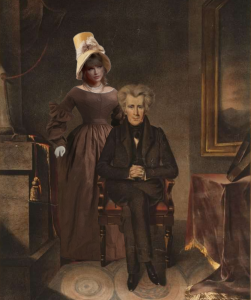 The world is bracing for the Academy Awards, and the easiest way to tell is the nonstop barrage of beautifully shot sappy period pieces.
The world is bracing for the Academy Awards, and the easiest way to tell is the nonstop barrage of beautifully shot sappy period pieces.
This is where “An Education” both woefully meets and gloriously exceeds expectations.
When charming musician and student Jenny (Carey Mulligan) first meets the much older art dealer David (Peter Sarsgaard), he appears to be nothing more than a man willing to keep her and her cello out of the rain, but their relationship quickly escalates.
David introduces Jenny to the best of the artistic outside world. He takes her to classical concerts and jazz clubs, introducing her to the Bohemian lifestyle of Britain in the early ’60s.
As David slowly warms up to Jenny’s more traditional, middle-class family, their relationship becomes more serious. No longer is Jenny just discovering the world through her older partner, but she begins to find love.
However, as the relationship between Jenny and David deepens, her focus on the now boring world of school and studies begins to wane, while the outside world appears even more promising. Ultimately, Jenny has to decide whether to pursue her love for David or continue her education at Oxford University, only to get married after she graduates.
The main problem with “An Education” is that it doesn’t entirely know what it wants to be. On one hand, it unapologetically caters to the Academy with a complicated love story and by crafting a masterful period piece.
On the other hand, it is a beautifully shot homage to French cinema and an extremely well-done coming-of-age story, in the vein of “Igby Goes Down” and “The Graduate.”
At times this works for the film. When Jenny and David travel to Paris, the film takes a much more intimate look at their relationship.
Closer shots in the breathtaking French city give the characters more personality and provide a high point in the movie.
The movie stumbles when it finds itself in the middle of the worst of Oscar-bait cliches. By the film’s climax, viewers feel as if they’ve seen the exact same moment in recent Oscar contenders such as “Atonement” and “The Reader.”
The problems in the final act ultimately mire “An Education.” When the movie embraces its own unique vision, it is an unforgettable experience. The setting is so well wed to the plot and characters that the film creates a fantastic vision.
However, as the plot reaches its conclusion, nothing is a surprise and every reveal is a stunning cliche.
It’s not that “An Education” is bad, the problem is the film is so rigidly catering to the Academy that it is hard to look past its faults and see the moments when the film truly shines. It’s high-time cookie-cutter Oscar-bait stories no longer find themselves receiving the recognition their overly rehashed plots deserve.




